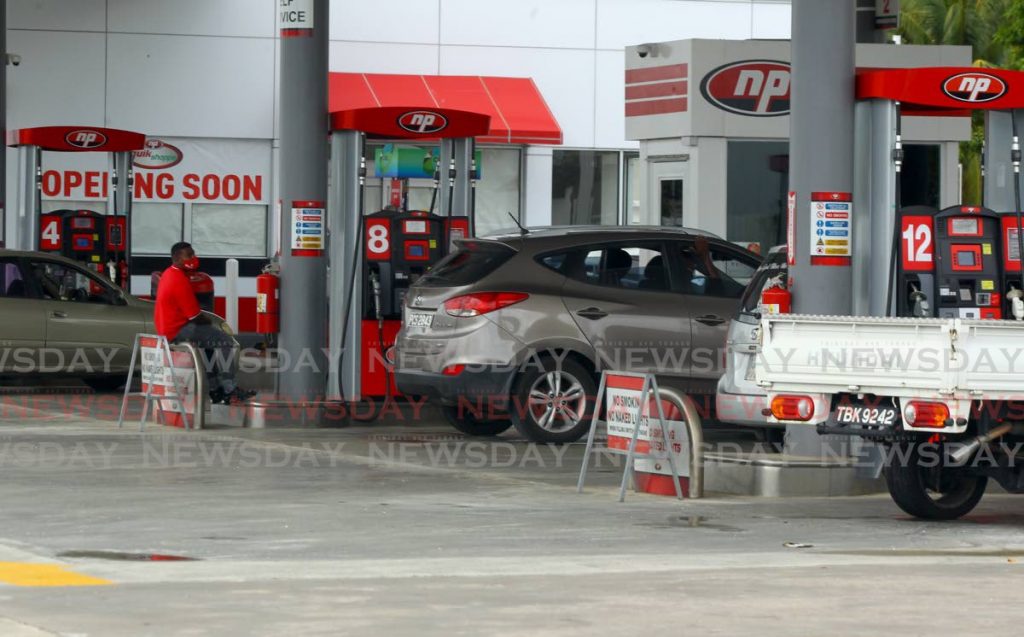Petroleum dealers feel liberated as State sells gas stations

Petroleum Dealers Association (PDA) president Robin Narayansingh is describing government’s decision to sell the gas stations operated by National Petroleum (NP) as liberation from the total dominance of the state-owned enterprise.
In a phone interview Wednesday, he noted that Government has offered assistance to existing occupiers to purchase the stations. "The dealers needed security of tenure." When NP operated the stations, he said, the title was vested in its name and its executive decided how the operation was run. The dealers, on the other hand, were the ones who made personal and financial sacrifices. "Petroleum dealers now have a vested interest... You have a vested interest when you own something and you can make a proper offering to your community.”
Narayansingh did note, though, that without a supply agreement binding them to NP, dealers would now be in a position to deal with any fuel supplier they want when they purchase the property. "So, we’re not sure how this is going to work out and we want to know if NP wants to engage the PDA in ironing out a supply agreement with the dealers. You want stability in the country so people could get fuel to do their business, you want proper agreements, you want clarity in the way business is done.”
The fuel subsidy ends in January, as announced in the budget on Monday, and dealers will be able to set their own margins. Current margins on fuel are six per cent, which can be challenging to dealers when financing and labour costs are added, Narayansingh said.
“We would have to figure out a proper margin but it wouldn’t be more than ten to 25 cents per litre extra, so there’s nothing to say it would be exorbitant, because people have been talking about price gouging, and this might go down depending on what the wholesale price of fuel is...There are good people and bad people. Even with an agreement to the price, each dealer would set their own price point; competition will benefit the consumer."
Narayansingh said the cost of a gas station would vary depending upon whether it was being built from scratch or was an already existing facility.
“If you’re building one from scratch, you have to look at the value of the land, the age and type of equipment being installed, and labour costs for operationalisation. If it’s an existing facility, there are a lot of tanks that need changing, so those would be cheaper; if tanks were changed it would cost more, depends on where are in value chain, and also the location of the gas station.”
Addressing concerns about cartels being formed to fix gas prices, Narayansingh said under the Petroleum Act, the energy minister is the only person who can grant a license for the operation of a gas station. He said he was sure the ministry would conduct background checks on applicants to decide who was suitable to run a station. The current license fee for the operator of a gas station is $4,000 for a large-volume station, $2,000 for a medium-volume station and $1,000 for a small-volume station.
Narayansingh said liberalising the fuel market will change the landscape of TT and make dealers more interested in their business.
“They will get more products to offer to the community, it’s a big move for the gas station industry. I want to allay any fears that people may have. Petroleum dealers are responsible people...As long as there is a proper supply of fuel, the gas station dealers will always be there to provide that service to the nation.”


Comments
"Petroleum dealers feel liberated as State sells gas stations"